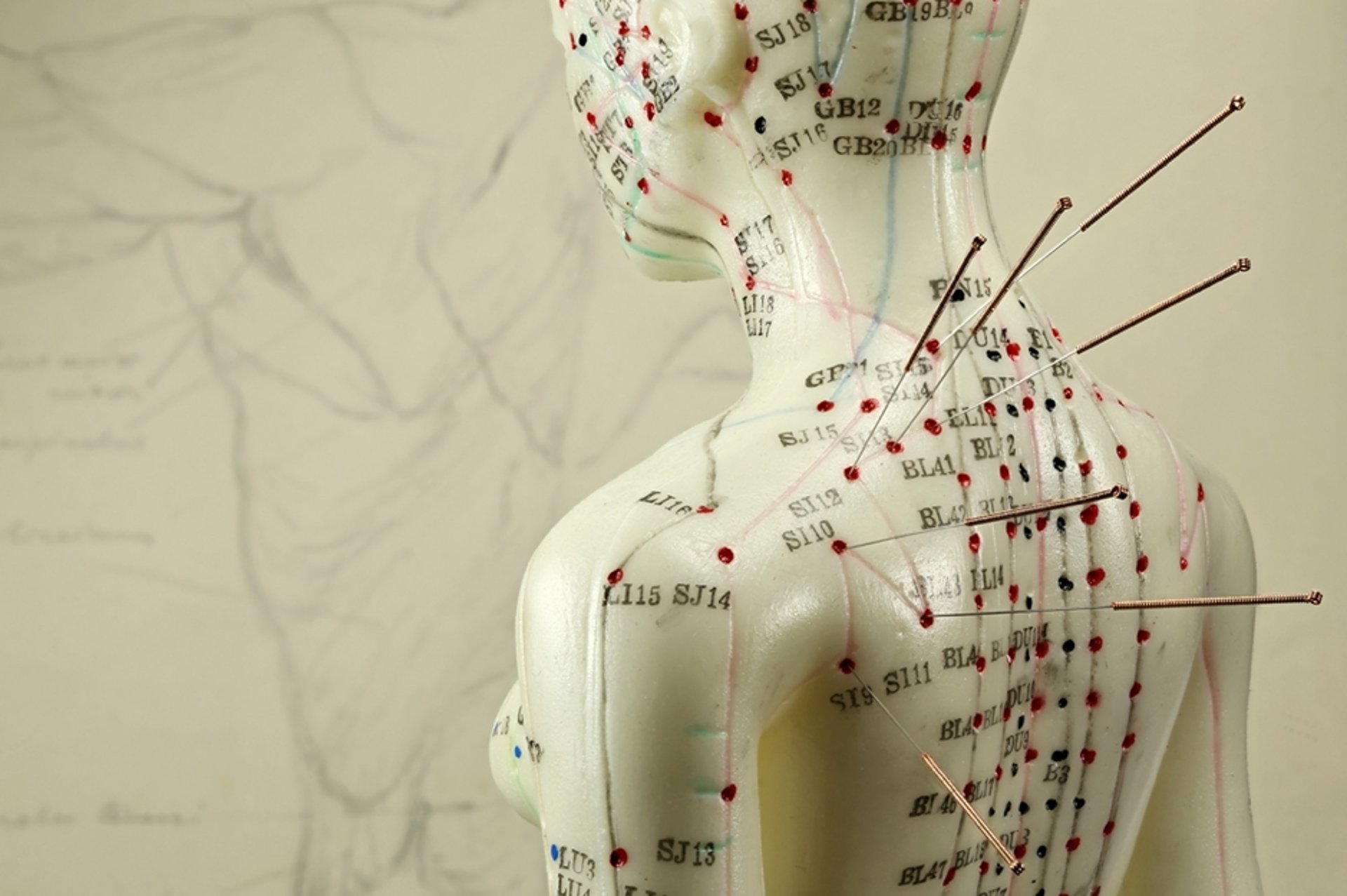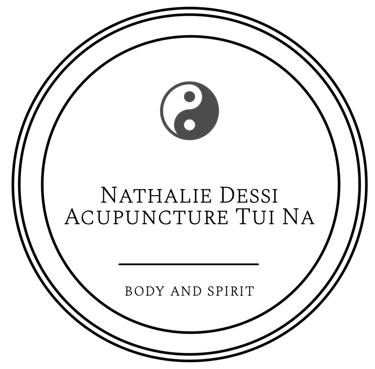Does acupuncture work?
Find the answer in this article from the TIME
Elizabeth Millard
11/7/20242 min read

My post content
Why acupuncture is going mainstream in medicine?
By Elizabeth Millard
Read full article
https://time.com/6171247/acupuncture-health-benefits-research/
That blend of anecdotal success, research-backed results, and growing level of openness from the medical community are all driving the popularity of acupuncture as a therapy. According to a 2021 World Health Organization report, acupuncture is the most widely used traditional medicine practice globally, and it’s gaining traction in the U.S. In 2020, the Centers for Medicare & Medicaid services began covering acupuncture for the first time for chronic low back pain.
What the research says
Research on acupuncture has been extensive, and so far, robust evidence supports its effectiveness for some, but not all, conditions. According to one analysis published in February 2022 in the BMJ that analyzed more than 2,000 scientific reviews of acupuncture therapies, the science is strongest behind acupuncture’s efficacy for post-stroke aphasia; neck, shoulder, and muscle pain; fibromyalgia pain; lactation issues after delivery; lower back pain; vascular dementia symptoms; and allergy symptoms.
The National Institutes of Health (NIH) finds that acupuncture for pain relief tends to have the most evidence, especially for conditions that have become chronic like osteoarthritis and lower back pain, as well as tension headaches. A review of 11 clinical trials also suggests that acupuncture may help with symptoms associated with cancer treatment, the NIH notes.
That’s been a booming area of interest for the field, says Sarah Weaver, an acupuncturist and massage therapist at Northwestern Health Sciences University in Minnesota, which focuses on integrative health professions, such as acupuncture, chiropractic, and Traditional Chinese Medicine. For cancer patients, sessions there can focus on reducing nausea, numbness, and tingling (called neuropathy), brain fog, low appetite, acute and chronic pain, and mood challenges that come with cancer care.
“Often, people with cancer want to add complementary treatment that doesn’t affect their chemotherapy or radiation, and that’s where an option like acupuncture can be helpful,” she says. “It’s the reason more healthcare systems are bringing this treatment into their integrative care options.”
What’s next in the field
Some potential directions for future studies include studying how acupuncture may affect hormonal regulation, such as alleviating hot flashes in menopause or addressing menstrual irregularity. Research indicates that the practice can boost estrogen and other hormones, and acupuncture for gynecological issues is becoming more popular, says Menard.
Some researchers are also focused on studying acupuncture’s impact on fertility; some small, preliminary studies indicate its use may be linked to getting pregnant sooner and having better outcomes from IVF treatments.
Acupuncture for mental health issues like depression and anxiety is another major research direction, especially in terms of how these issues affect overall health. For example, chronic pain has often been linked to depressive symptoms, so researchers are looking at whether acupuncture can address both: a person’s pain and their depression. Researchers are hopeful.
A studypublished in 2020 in the journal Frontiers in Neurology found that people with migraines who did acupuncture treatments had a lower risk of depression and anxiety, and tended to use medical services less often, compared to migraine patients who didn’t do acupuncture.
As the evidence base expands, acupuncture will likely continue to grow in popularity. Although acupuncture has been used for centuries, only in the past decade has there been a seismic shift in acceptance by both Western medical doctors and patients, Menard says. Ongoing research efforts and increased interest from health systems means that the treatment may be part of more conversations like Mikhael had with his patients.
“At the end of the day, doctors want their patients to feel better, and many people are looking for non-pharmaceutical paths for wellness,” Menard says. “Depending on the condition, those little needles can make a huge impact.”
